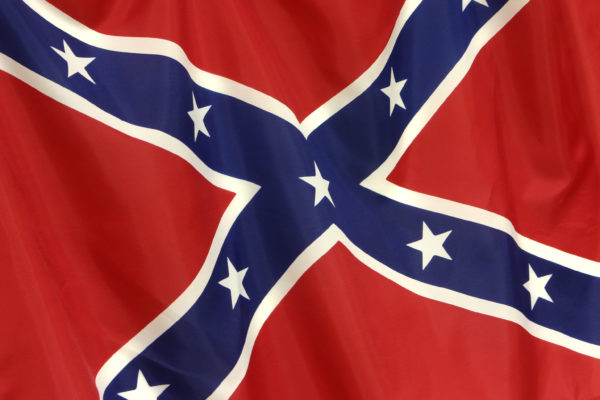The racism some white Americans feel toward African-Americans may be more a matter of nurture rather than nature, a new study suggests.
A report led by researchers at the University of North Carolina found that whites from the South — a region once largely dependent on the practice of slavery — tend to have higher rates of racial bias toward Blacks, the Pacific Standard reported.

Researchers found that states and counties that had a higher proportion of enslaved residents tend to be more racially segregated and have a higher proportion of Blacks living in poverty today. (spxChrome/Getty Images)
The study, published in the journal Proceedings of the National Academy of Sciences, concluded that white people in states/counties most dependent on slavery prior to the Civil War displayed “higher levels of pro-white implicit bias today.”
This, according to researchers, suggests implicit racial bias “may be better understood as a cognitive manifestation of [both] historical and structural inequalities” than as something that’s “solely a feature of individual minds.”
Using data from the 1860 Census, which includes county-by-county percentages of the population that was enslaved, and modern-day scores of unconscious racial bias logged by Harvard University’s “Project Implicit,” researchers found that racial bias by whites was directly “associated with [1860] slave populations, but not with modern Black populations.”
Moreover, the study revealed that states with larger populations of enslaved Blacks in 1860 have higher rates of anti-Black animus among white residents. These areas not only experience higher levels of racial segregation today, but also have higher percentages of African-Americans living in poverty.
“Structural inequalities cue biased thoughts, which may in turn lead to greater inequalities,” the study states.
In plainer terms, researchers believe that the worse-off Blacks are due to systemic inequality, the worse they’re perceived by local whites, who view Black people as less-educated, skilled or hardworking than other advantaged groups, according to the Pacific Standard.
To begin addressing these issues, researchers suggested policymakers devote more attention to “to modifying social environments, as opposed to changing the attitudes of individuals.”
The Pacific Standard offered a different solution and argued that education is the key to combating racist attitudes.
“More doable on the short-term is developing a curriculum in which youngsters of all races learn about the structural, historical, and institutional bases of racial inequality,” according to the magazine. “Taught early enough, and emphasized often enough, such knowledge could serve as a counterweight to our deep, destructive tendency to categorize and judge.”


